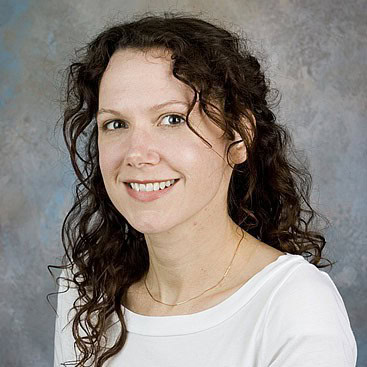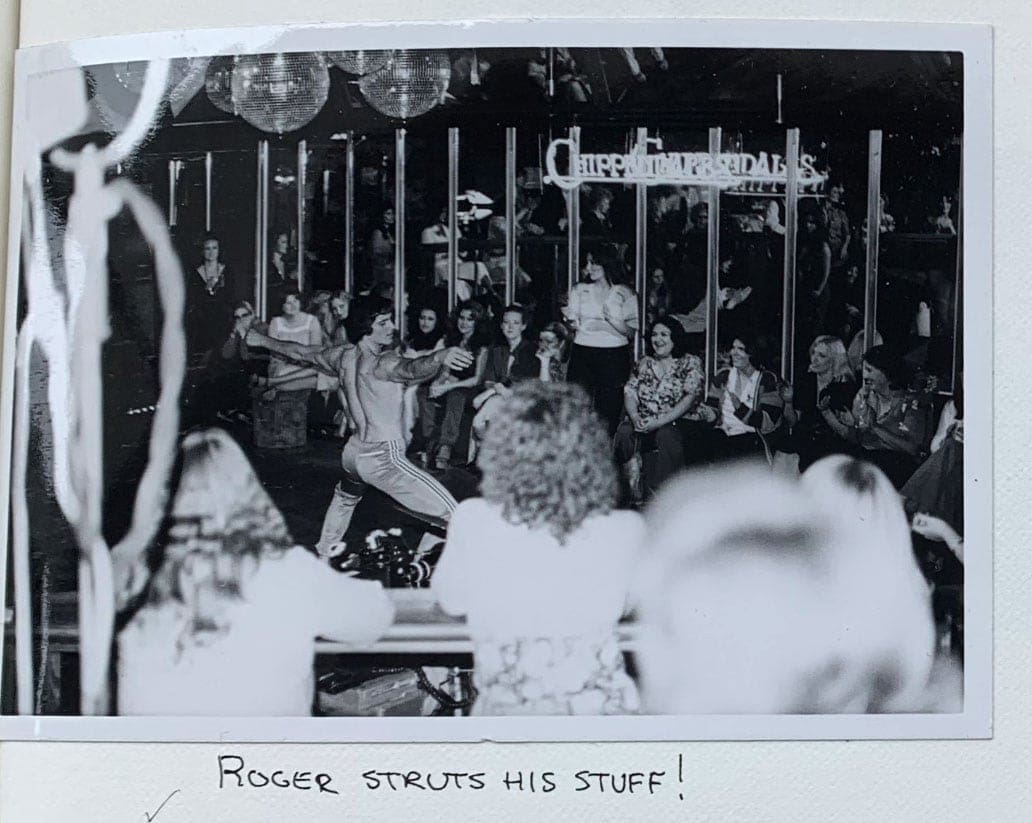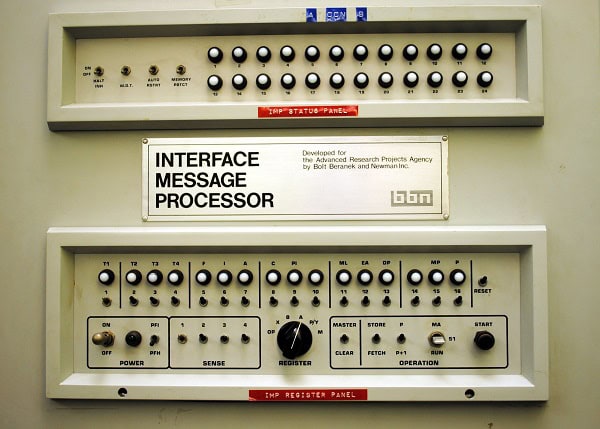For the last five years, the Gutenberg-e Prize program has functioned as a process of intense collaboration between diverse producers and mediators of knowledge. Combining the prestige of an American Historical Association juried prize with the sturdy support of a Columbia University Press (CUP) publishing contract, the program has enabled historians in search of a publisher to take advantage of new technologies and the technical creativity of Web designers to create innovative electronic books. Currently, this cooperative venture is beginning to realize its goal of pioneering new directions in academic publishing. Seven e-books are now online, several others are nearing completion, and a handful of new prizewinners are just gearing up for the challenge of turning their dissertations into electronic monographs.
As Gutenberg-e comes to maturity, it represents the cutting edge of new forms of historical scholarship in which online publication exhibits the potential to alter the ways academics exchange knowledge with one another and teach their students. In his summary of a 1998 American Association for History and Computing (AAHC) survey of 660 history departments in the United States and Canada, Dennis Trinkle, the organization’s executive director, found that there is “an alert recognition throughout the profession that the Internet and the World Wide Web are changing, or hold the potential to change, every dimension of history—from the structures of historical knowledge to the paradigms of pedagogy.”1
But what does it feel like to be on the cutting edge? Can shifting paradigms in publishing be a comfortable standing ground for PhDs who are new not only to the world of publishing, but also to the profession of teaching? How successfully does the quest for tenure incorporate the new forms of publication? These are the sorts of questions that have begun to surface as the Gutenberg-e program reaches a critical stage with several books online and their authors taking up (or seeking to take up) tenure-track positions.
The fit between tenure and e-publication might be unproven at the moment, but according to early indicators, it is not necessarily uncomfortable. The prize, funded by grants from the Andrew W. Mellon Foundation, has been awarded to 21 scholars to date, who each received a $20,000 grant to revise their manuscripts for publication as e-books by Columbia University Press. Of these 21 winners, more than a third were already in tenure-track positions or secured them after winning the prize. Even during the earliest stages of the job search, some former winners perceived the prize as a distinct advantage. “I solicited advice from members of my committee, and the consensus was that even though electronic publishing was uncharted territory, the e-book offered the positive opportunity of serving as an ‘intellectual pioneer’,” reported Bryn Mawr College history professor Ignacio Gallup-Diaz, who is the author of The Door of the Seas and the Key to the Universe: Indian Politics and Imperial Rivalry in the Darien, 1640–1750. Like Gallup-Diaz, Anne Hardgrove, author of Community and Public Culture: The Marwaris in Calcutta, c. 1897–1997, also submitted her thesis for prize consideration in the midst of applying for tenure-track jobs. Now a history professor at the University of Texas at San Antonio, she remembered that “receiving my award at the awards ceremony really gave me a lot of recognition. It certainly gave me something to talk about during the 10 conference interviews I had. By the time my campus visits started rolling around.I was able to talk to the search committees more concretely about how the prize and the publication might fit into a career at their institution.”
For other former prizewinners, the initial connection between a tenure-track teaching position and the Gutenberg-e Prize was even more immediate. For instance, Wayne Hanley, whose dissertation has been published by CUP under the title The Genesis of Napoleonic Propaganda, 1796–1799, was urged to enter the competition even as he was being offered a tenure-track position in the history department at West Chester University in Pennsylvania. “It was my department chair who encouraged me to get the application process going. Very quickly after I got the notice of the job, he said he’d like to get the ball rolling on this,” Hanley explained. As he interpreted it, this was a promising way to start to a career: “I was incredibly flattered, and it was encouraging to think that I’d picked the right place. It meant that people were interested in what I was doing. They’d actually looked at my dissertation and thought about it.” Richard Webster, the department chair who hired Hanley, seconded this assessment. “I’m a clearinghouse,” is how Webster described himself. “You notice opportunities for your colleagues and you pass them on. I saw this opportunity for new PhDs, and we’d just offered a contract to Wayne, and he apparently thought it was a good idea, too.”
When Tonio Andrade, author of the forthcoming Commerce, Culture, and Conflict, Taiwan under European Rule, 1623–1662, was offered a position in the history department at Emory University, discussion of his Gutenberg-e Prize was a central part of contract negotiations. “I was worried about tenure, but the excitement of the project outweighed that,” recalls Andrade. Ultimately, his decision to accept the prize didn’t hinge upon getting tenure, but on a conversation with CUP staff that led him to see real advantages to the e-book. Even though Andrade was at the time in contact with two other presses to turn his Yale dissertation into a print monograph, what steered him toward e-publishing were the possibilities he envisioned for dynamic “reader participation” with the online text in which an audience might respond by contributing to a “public marginalia” section. “I did negotiate for the e-book [with Emory University’s history department] after I knew I was going to get an offer. And I had other job offers, so I knew I was in a strong bargaining position.” Andrade remembered that early in the negotiations “I got departmental approval,” with the support of chair James Melton, to have his e-book considered as equivalent to a print publication in the tenure review process. This stipulation was, in the end, written into his contract. Andrade emphasized that “James Melton set a precedent not only for me, but also for other people” in his department who might attempt to work within evolving forms of publishing.
According to Melton, when he approached the dean and the faculty senate on Andrade’s behalf, he “wanted to be sure that they understood what this was, and that it counted as a monograph like any other by junior faculty.” Melton noted that he was motivated to support e-publication for a new hire because “the history of print culture and communication was something that interested me as a scholar, and I’m interested in e-publication as a new form of scholarship. I think it’s an exciting project in terms of how it will transform scholarly texts.” Then, too, he remained mindful that the Gutenberg-e Prize “was done by Columbia University Press. At the highest level with the dean there was no problem with it. What made it easier was that it also had the imprimatur of the AHA.”
Similar issues of recognition within their departments were common among former prizewinners who are now new faculty members. “I asked my department what they thought before I signed the contract,” recalls Greg Brown, a history professor at the University of Nevada at Las Vegas, and author of A Field of Honor: Writers, Court Culture, and Public Theater in French Literary Life From Racine to the Revolution. “It was key for them that this was a major university press. It’s been treated administratively and culturally the way any book would be, and in my departmental reviews it received the highest score it could get. It was considered a major book, and that was good.” Mary Halavais, history professor at Sonoma State University, and author of Like Wheat to the Miller: Community, Convivencia, and the Construction of Morisco Identity in Sixteenth-Century Aragon, for which she was awarded the prize in 2000, found that her department regarded e-publication as a multifaceted measure of success: “My department was very encouraging from the beginning. They said, ‘oh, it’s not only a book, it’s also a prize, and it’s also using new technology.’ They seem really pleased by the fact that it’s innovative.”
Among the prizewinners there was a prevailing sense of acceptance for their scholarship, as well as a general feeling of belonging within their departments. At the same time, their projections for the future of their e-books were tinged with a wary enthusiasm. Hanley explained that although his department is “not even classifying it as ‘an e-book’ for tenure,” and “it’s just ‘a book’ as far as they’re concerned,” he still finds reason to remain cautious: “we’re waiting for the reviews to occur. Hopefully, they’re good.” Certainly, such concern is endemic to authors of many genres of academic scholarship, but perhaps it has a special resonance for these academics. They are, after all, working within a groundbreaking medium. According to Andrade, “ultimately the e-book will be accepted, but right now people are still uncertain.” He speculated that “in mathematics and science, people often aren’t even bothering to put their work in print, it goes straight online and others quote it there. In the humanities, online publication won’t replace print scholarship, but it seems obvious to me that it will catch on.”
Of the many ways in which the experiences of these new professors are revealing, one of the most notable is the willingness of their history departments to, as chair Richard Webster termed it, “go with the crest” of new scholarship in supporting the pathbreaking efforts of junior faculty. In this, the departments and their new hires exhibit behavior consistent with Dennis Trinkle’s assessment of the AAHC survey results. Noting “a pervasive desire by faculty to actively direct the course” of changes wrought by technological innovation in historical scholarship, he concluded, “The current state of history reflected in the surveys can, perhaps, be best described as cautiously optimistic experimentation.” E-books are but one manifestation of technological advance. Their proliferation, along with the continued growth of online scholarship more generally, could well mean that, as Trinkle asserts, “well-established practices of history will not disappear, rather they will most likely find novel and productive supplements through evolving computer technologies.” If this hypothesis proves correct, then these history departments will have succeeded not only in hiring new faculty members whose research is valuable in its own right, but whose publishing endeavors locate them at the center of that evolution.
Note
- Dennis A. Trinkle, “History and the Computer Revolutions: A Survey of Current Practices.” JAHC 2.1 (April 1999). [↩]



